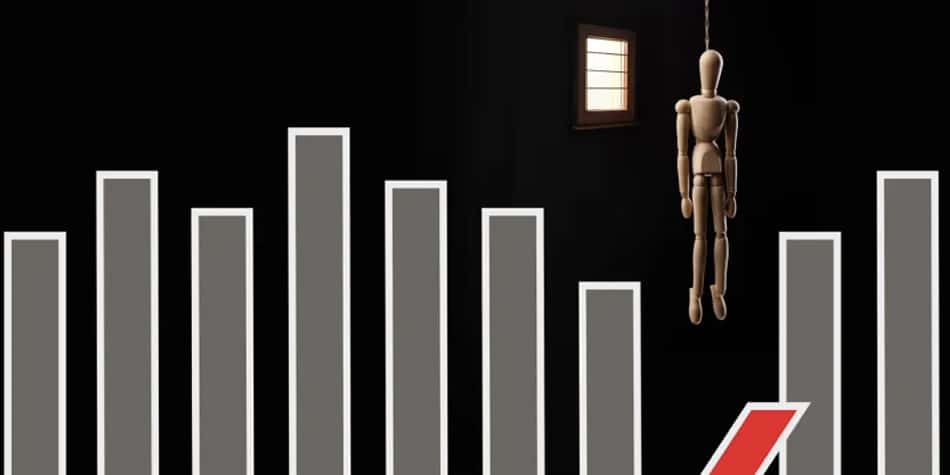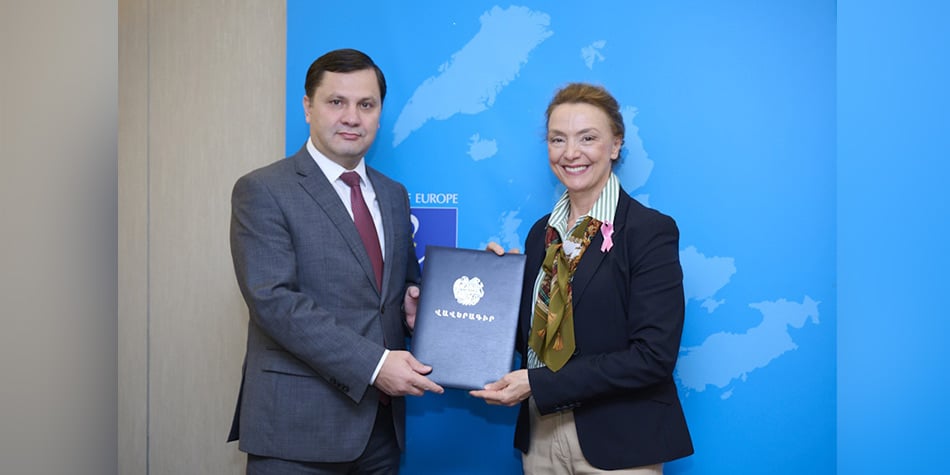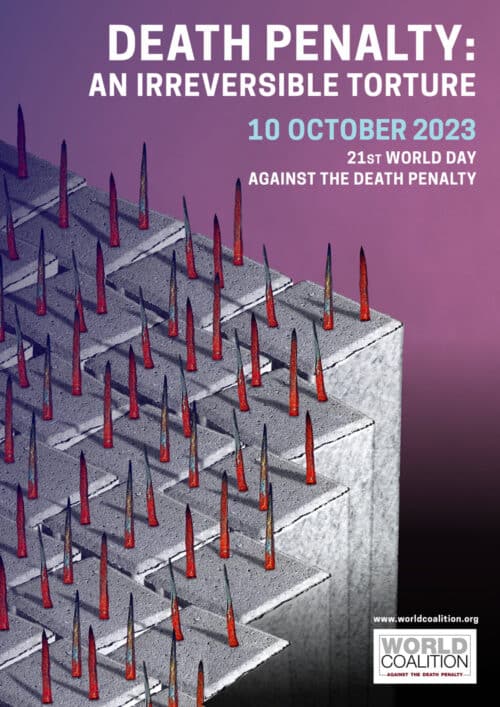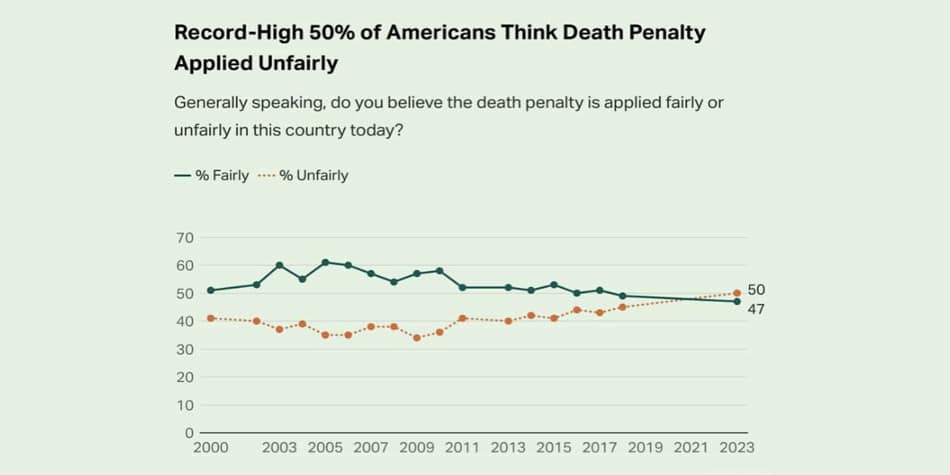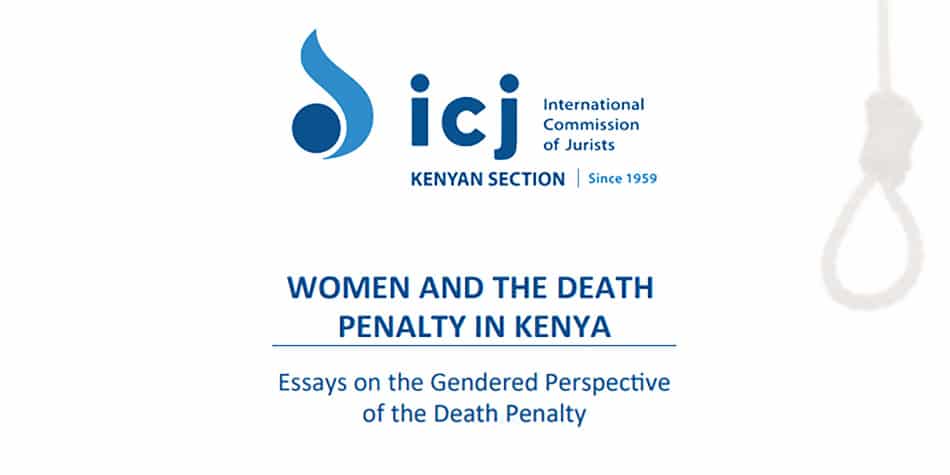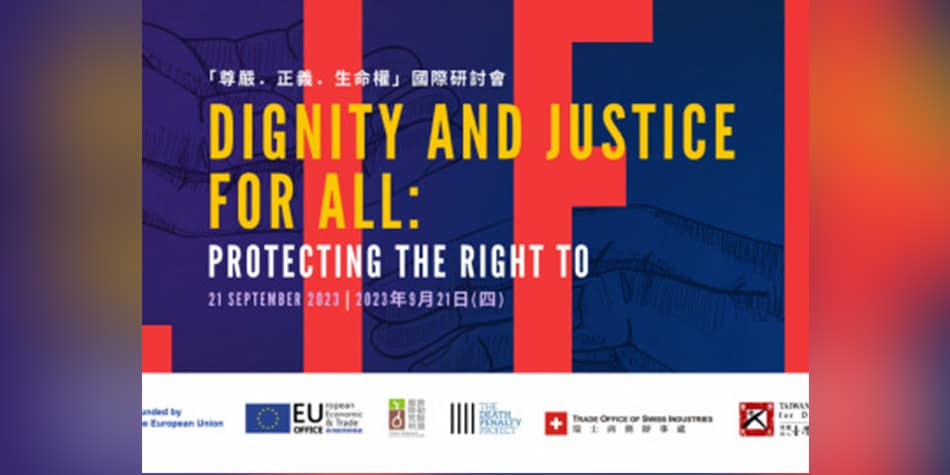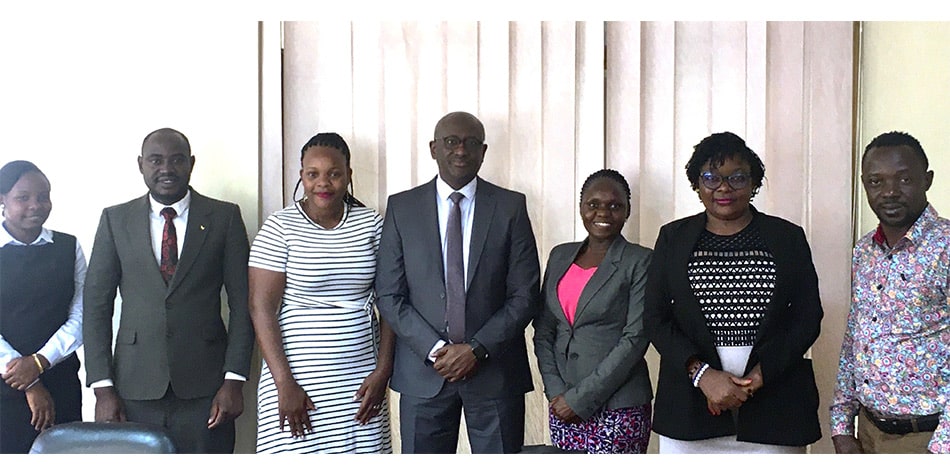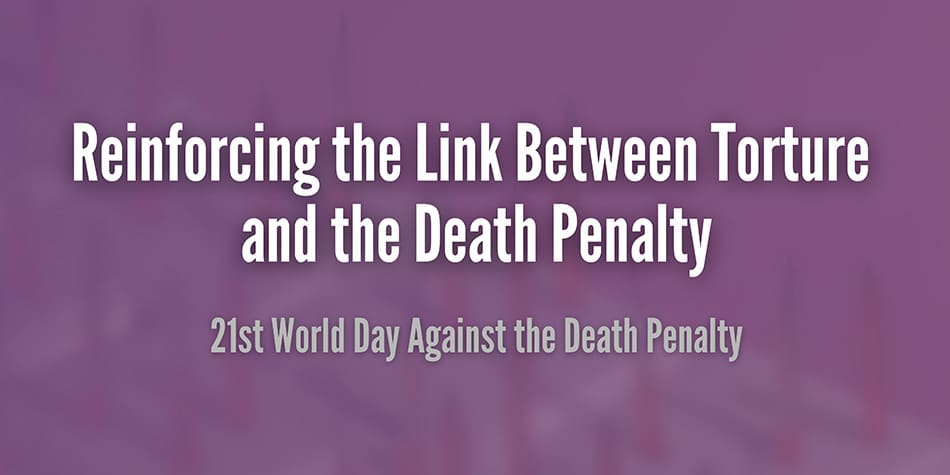The Death Penalty Worldwide
Abolitionist for all crimes
Retentionist
Abolitionist in practice
Abolitionist for ordinary crimes only
Source: Amnesty International
Key Figures
112
Abolitionist countries
Countries whose law does not provide for the death penalty for any crime.55
Retentionist countries
Countries whose law provides for the death penalty for ordinary crimes.Number of executions
Number of executions recorded in 2023, possibly lower than the reality due to the secrecy surrounding executions in some countries.41 047
People on death row
The generic term "death row" refers to all persons on death row awaiting the death penalty.


